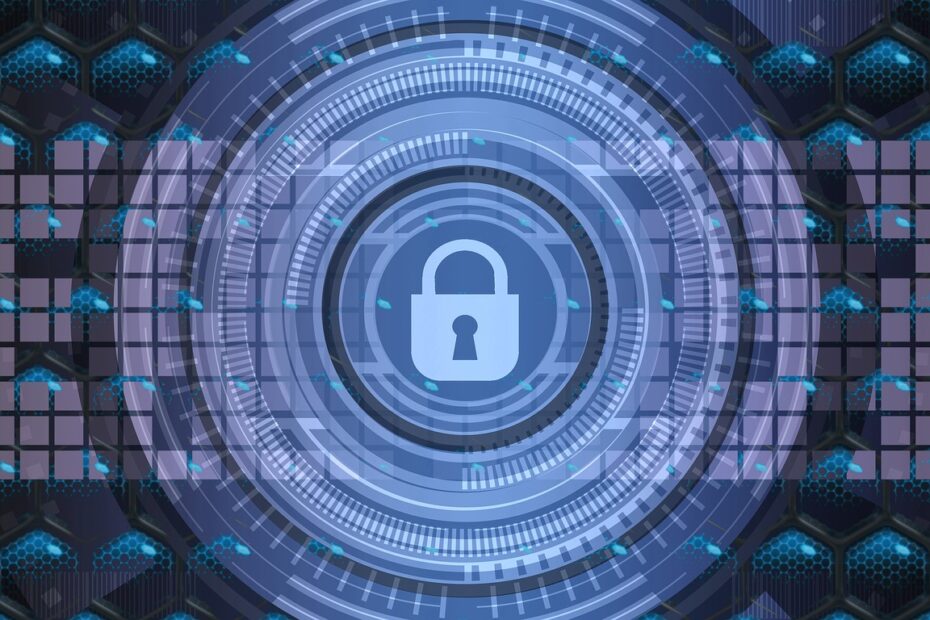GS PAPER-3
SCIENCE & TECHNOLOGY
India’s take on web security: MAYA OS &
IWBDC
The Indian govt. is keen on developing indigenous operating systems and search engine browser for the Govt. sector as well as for the common man. With our upscaling interest in making India a global technology hub, this step would set a benchmark for us. But what is the actual requirement behind such decision?

v In the recent years, India has faced a number of cyber-attacks.
Bodies like Kudankulum Nuclear Power Plant (KKNPP) in 2019, Oil India Limited and Spice Jet servers in 2022, and the Goa Flood Monitoring System have encountered data breach. These breaches were mostly from Chinese hackers, spammers and ransomware. Such interventions can drastically hamper our fast action plans.
v This calls for a need to prepare our own cyber platforms which would be protected from foreign penetrators.
· Now, these breaches were maximum in the most widely used OS-Windows. Hence, the defense ministry of India has decided to replace windows with an indigenous Operating System called the MAYA OS that is based upon Ubuntu. This venture is a joint collaboration among DRDO, NIC AND CDAC i.e. Centre for development of advanced computing.
· What are the required features of the OS?
1. The interface and functionality should be similar to that of Windows, so that the new technology doesn’t create a puzzle for user.
2. It would also have an end-point anti-malware and antivirus software called Chakravyuh– that creates a virtual layer between the user and the internet, blocking hackers from accessing sensitive data.
v Coming on to the next endeavor of India, IWBDC i.e. Indian Web Browser Development Challenge is an open challenge competition that enthuses and empowers nationwide technology buffs, innovators and developers to design an native web browser.
· This is initiated by Ministry of Electronics and Information Technology (MeitY), in collaboration with the Controller of Certifying Authorities (CCA) and the C-DAC Bangalore.
· Astonishingly, more than 200 entities have participated in this challenge, be it from the government sector, industry, startups and academia. Indeed, such gesture shows, that we are growing in a holistically in every dimension to become an international tech master.
v So what are the qualifications of the private entities to participate in the bid?
1. Start-ups, MSMEs, Companies and LLPs should be registered in India under the Companies Act 2013.
2. The entity must have at least 51% shareholding with Indian citizens or persons of Indian origin.
3. The applicant’s entity should not be a subsidiary company of any foreign corporation.
4. Participants can apply either as “individuals” or “organization”. Members applying as “individuals” should have a minimum of 3 and a maximum of 7 members in their Group.
5. All other applicants should apply under the “organization” category only.
v What are the desired features to be incorporated in the browser?
1. It must be compatible with all platforms, including iOS, Android and Desktop and offer built-in accessibility support.
2. It should have the ability to digitally sign the documents using crypto token.
3. Parental control and a web filter for child-friendly browsing is must.
4. It should come with support for Web3 and compliance with W3C standards.
5. Finally, it should be able to support all the official Indian languages.
Conclusively, with MAYA OS and an indigenous search engine, our national cyber security will be protected from other malicious agencies.


